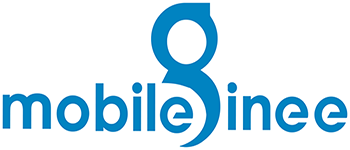LAMP Development
LAMP Development
LAMP is a combination of free, open source software. The acronym LAMP refers to the first letters of Linux (operating system), Apache HTTP Server, MySQL (database software), and PHP, Perl or Python, principal components to build a viable general purpose web server.
All of these applications are open source and popular in their own right. This means the software is cheap and very reliable. Often parts are replaced with different applications. However the ones listed are the most likely to be used together.
Why LAMP tools?
For the entire life of the World Wide Web, the backbone that's kept it upright are the tools of Linux. Linux, Apache, MySQL, PHP, Perl, and Python — collectively known as LAMP — comprise more than two-thirds of the servers, databases, and scripting languages on the web today. It's getting more difficult each day to be a web developer without knowledge and at least a rudimentary level of skill with these tools.
What's the attraction to LAMP tools for developers around the world? In part, it's the open source underpinnings of LAMP tools. They're freely available, easily configured, and very robust. They're in a constant state of development and improvement, adding features suggested by the user community at large. They can be easily deployed, fully configured, and maintained with a minimal amount of effort. In short, the LAMP tool kit allows developers to do what they do best: develop, without spending a disproportionate amount of time in the administrative details.
All these elements are addressed in the package of LAMP tools provided by Red Hat Enterprise Linux. With commerce and the internal communication needs of the enterprise in mind, Enterprise Linux helps to assure that configuring and administering a LAMP server will be as painless a process as is possible.
